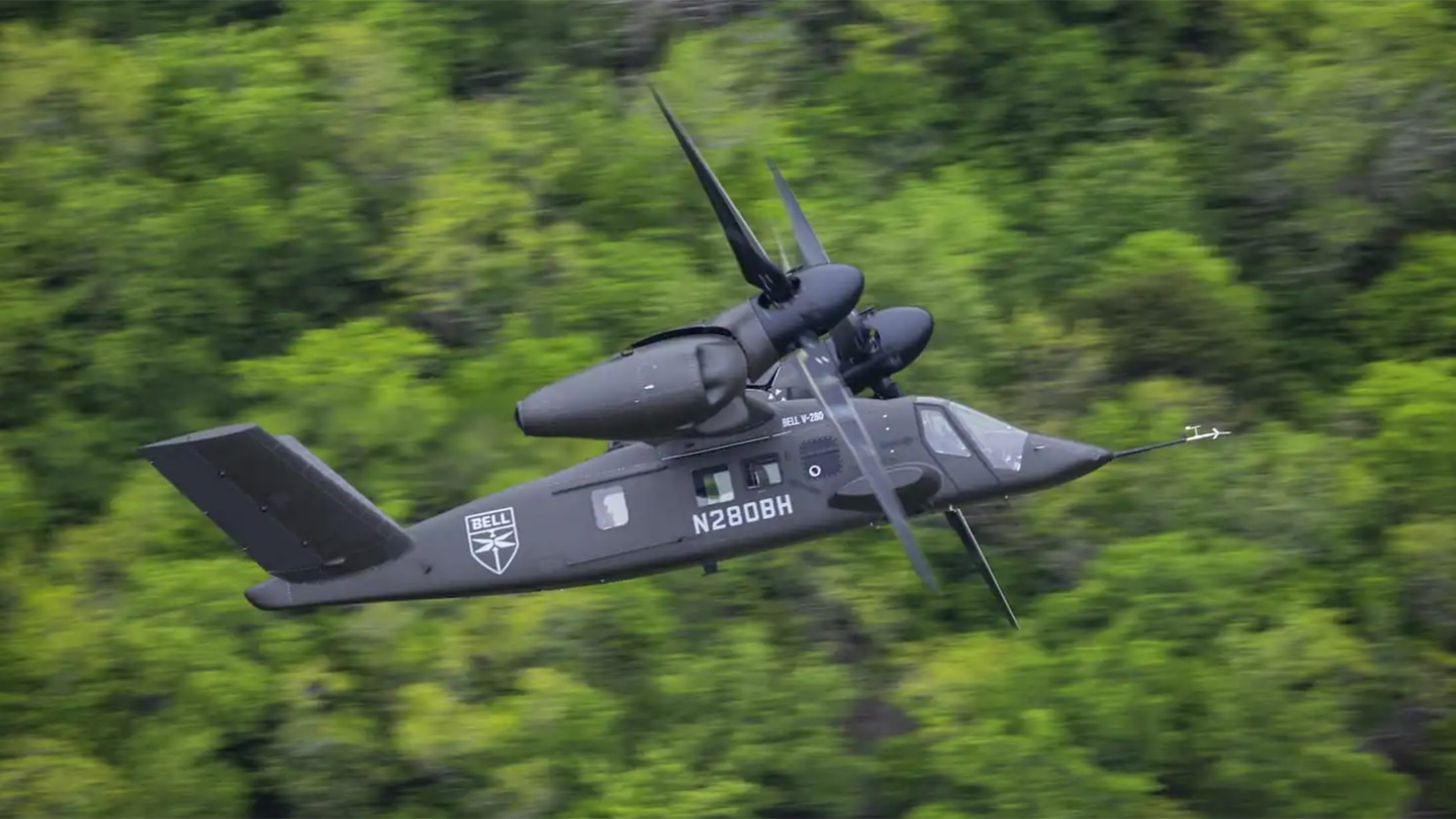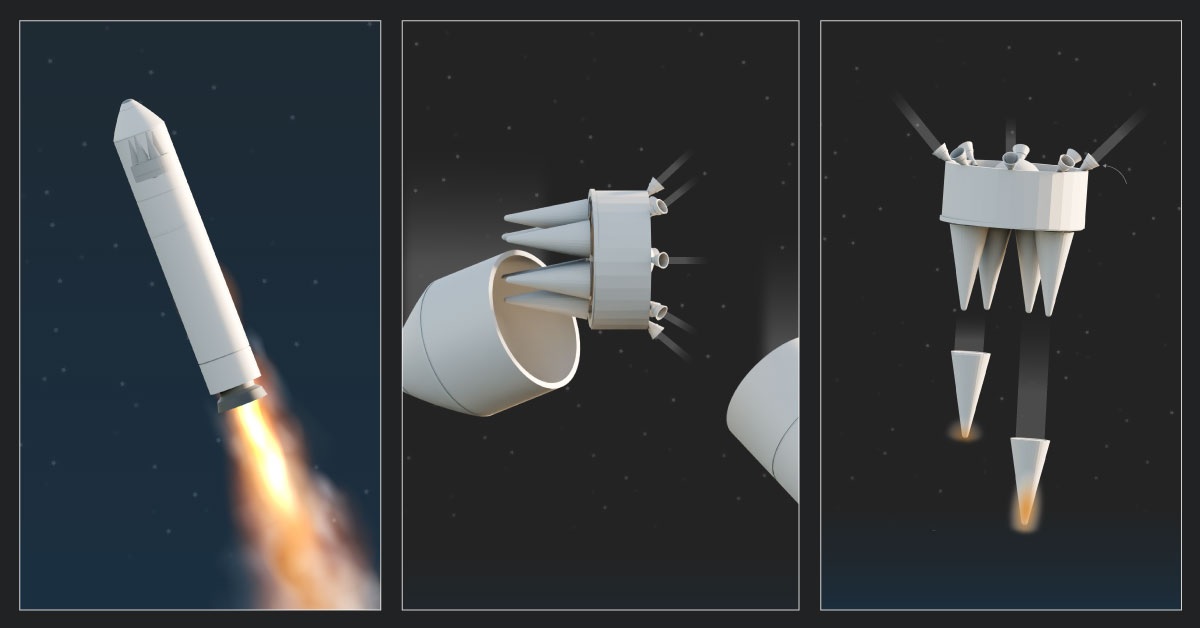Boeing’s Insitu Expands UAV Supply Deal with U.S. Department of Defense, Adding More ScanEagle and Blackjack Drones

The U.S. Department of Defense (DoD) has expanded its agreement with Insitu Inc., a Boeing subsidiary, to ramp up the production and delivery of unmanned aerial vehicles (UAVs). The updated framework allows for the potential procurement of 27 additional ScanEagle drones and 15 RQ-21A Blackjack systems, reinforcing the U.S. military’s drone fleet and strengthening support for allied nations through the Foreign Military Sales (FMS) program.
Contract Details and Scope
The agreement, now valued at $102.4 million, will remain valid until June 2026. However, funding was not allocated at the time of signing, meaning that orders will be placed as operational needs arise. The expansion covers not only the UAVs themselves but also a comprehensive package of support equipment, including:
- Optoelectronic payloads for reconnaissance and surveillance
- Onboard devices for improved intelligence gathering
- Spare parts to ensure operational readiness
- Logistics and training support for personnel
This move comes as part of the U.S. military’s ongoing efforts to enhance tactical UAV capabilities, ensuring that both domestic and allied forces have access to cutting-edge surveillance and reconnaissance technology.
Capabilities of ScanEagle and RQ-21A Blackjack UAVs
Both the RQ-21A Blackjack and ScanEagle UAVs are known for their extended endurance and advanced reconnaissance capabilities.
-
RQ-21A Blackjack:
- Tactical UAV system with over 12 hours of flight endurance
- Used for intelligence, surveillance, and reconnaissance (ISR) missions
- Has been exported to Poland, Thailand, and other U.S. allies
-
ScanEagle:
- In production since 2005, making it one of the most widely used small UAVs
- Capable of long-endurance missions without requiring a traditional runway
- Over 3,000 units delivered globally, with operators in North and South America, Europe, Africa, Asia, Australia, and Oceania
- Recently supplied to Ukraine to support its defense efforts against Russian aggression
Strategic Implications
The expanded supply deal highlights the growing reliance on UAV technology for modern warfare, particularly in areas requiring persistent aerial surveillance and reconnaissance. The DoD’s decision to bolster its inventory of these drones suggests an increasing focus on non-traditional, cost-effective ISR platforms that can support both conventional and asymmetric warfare scenarios.
With demand for UAVs rising, especially among U.S. allies, this agreement ensures that the military remains well-equipped to respond to evolving security challenges worldwide.



